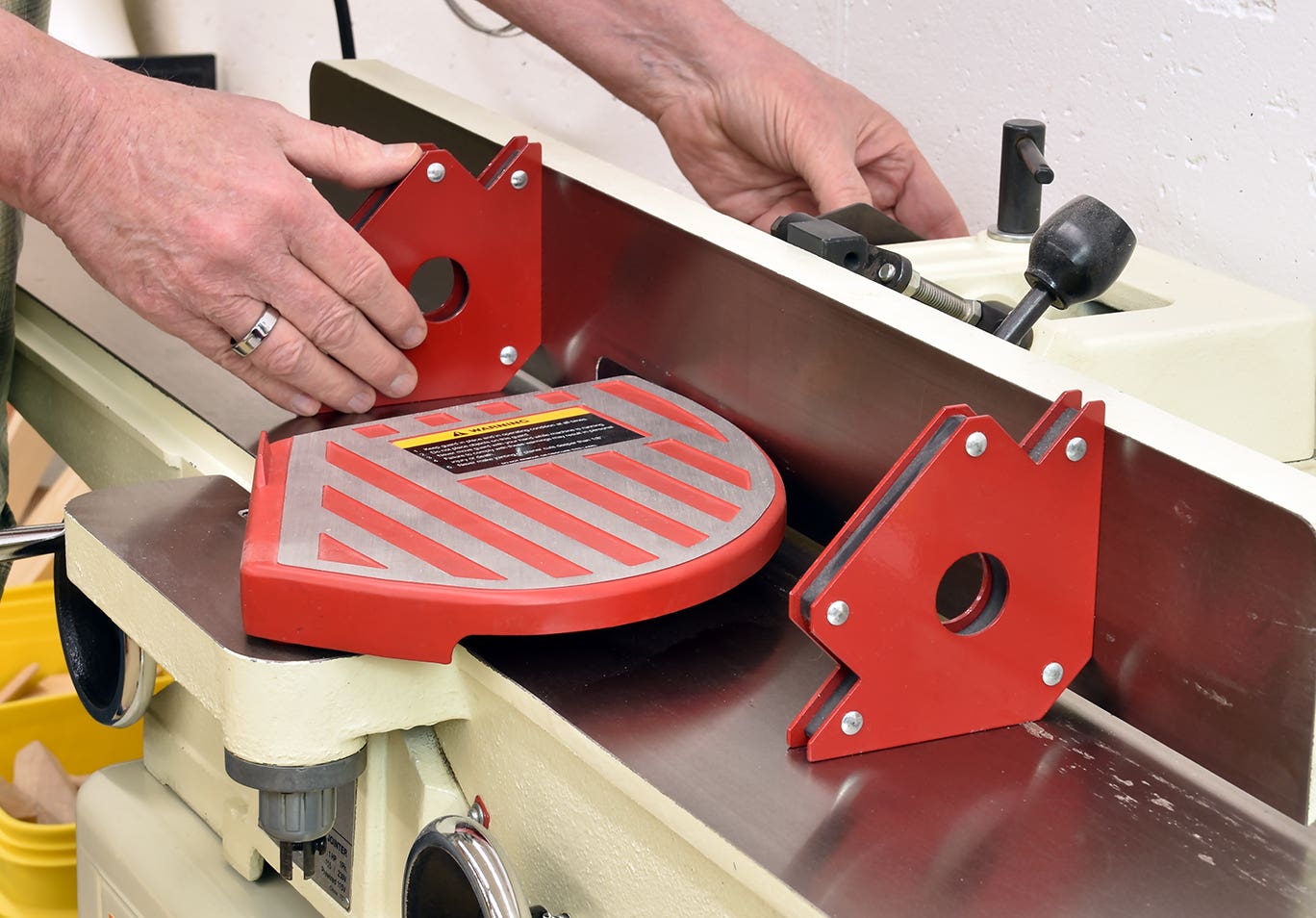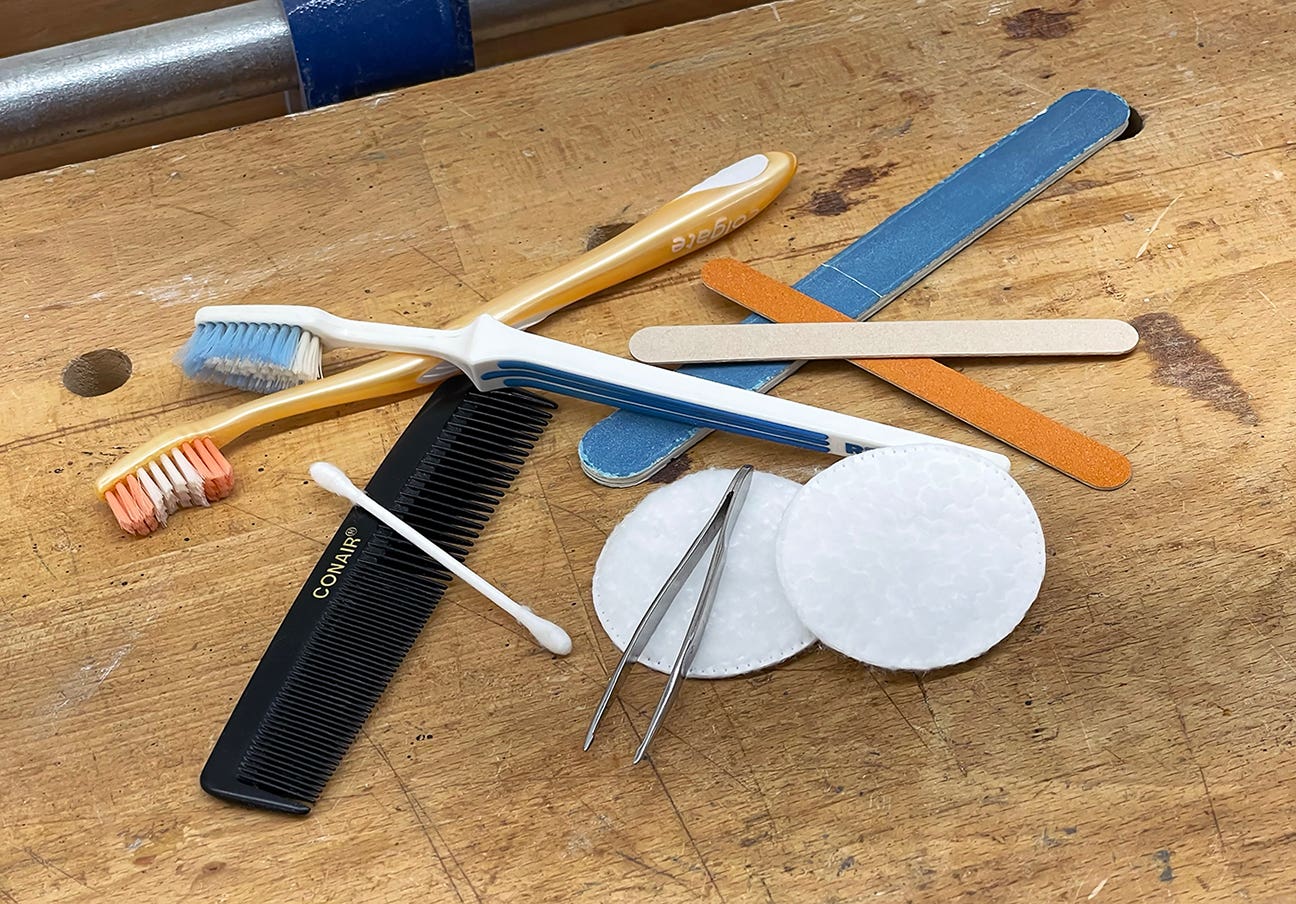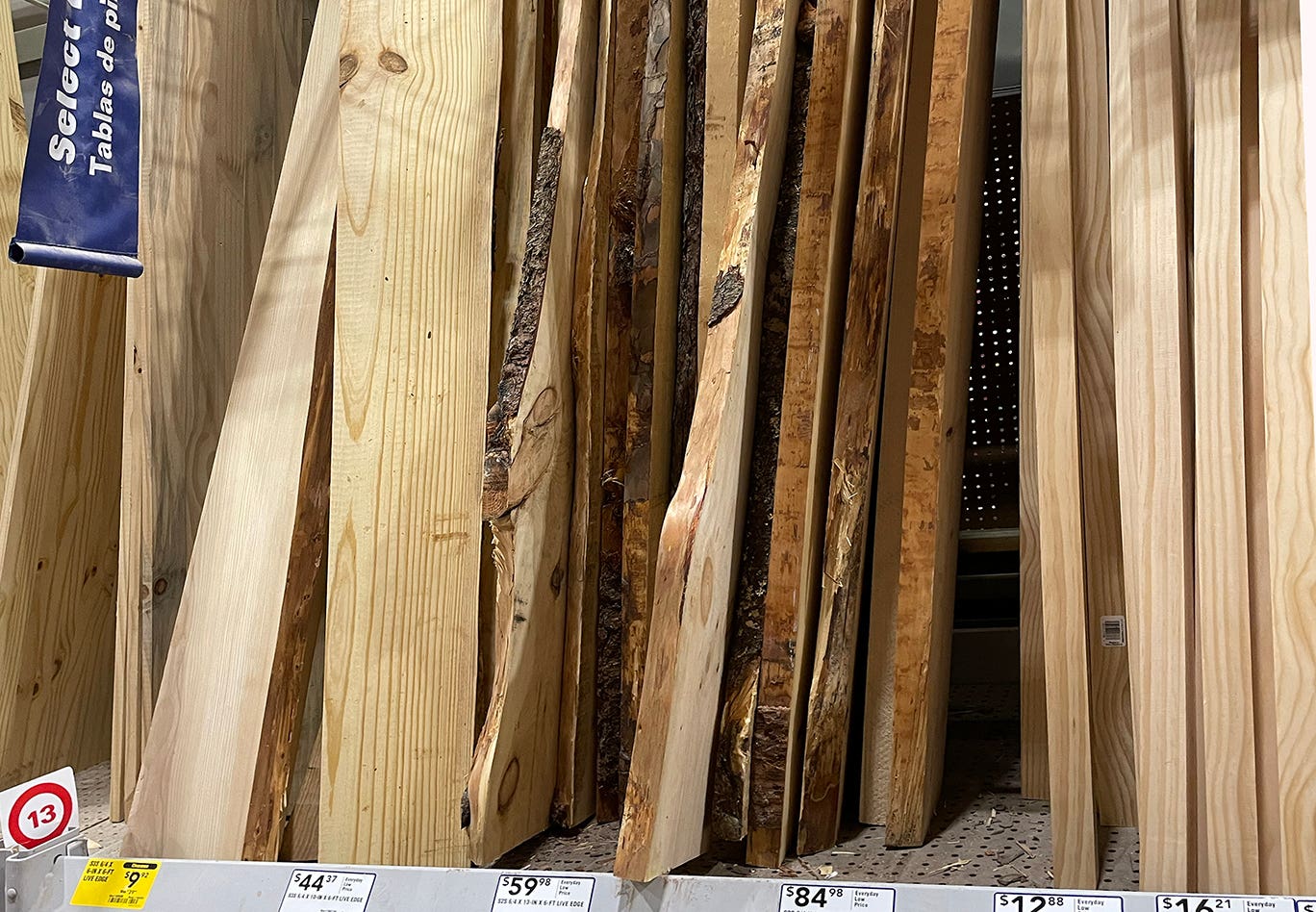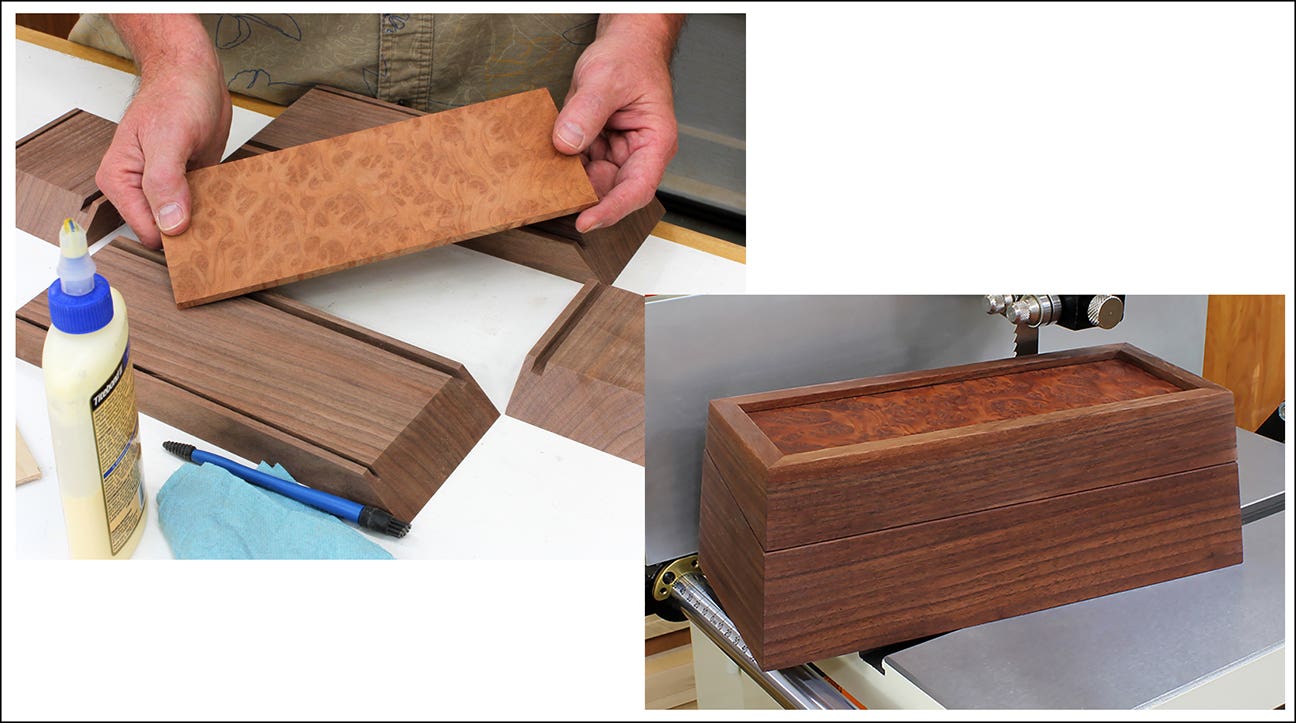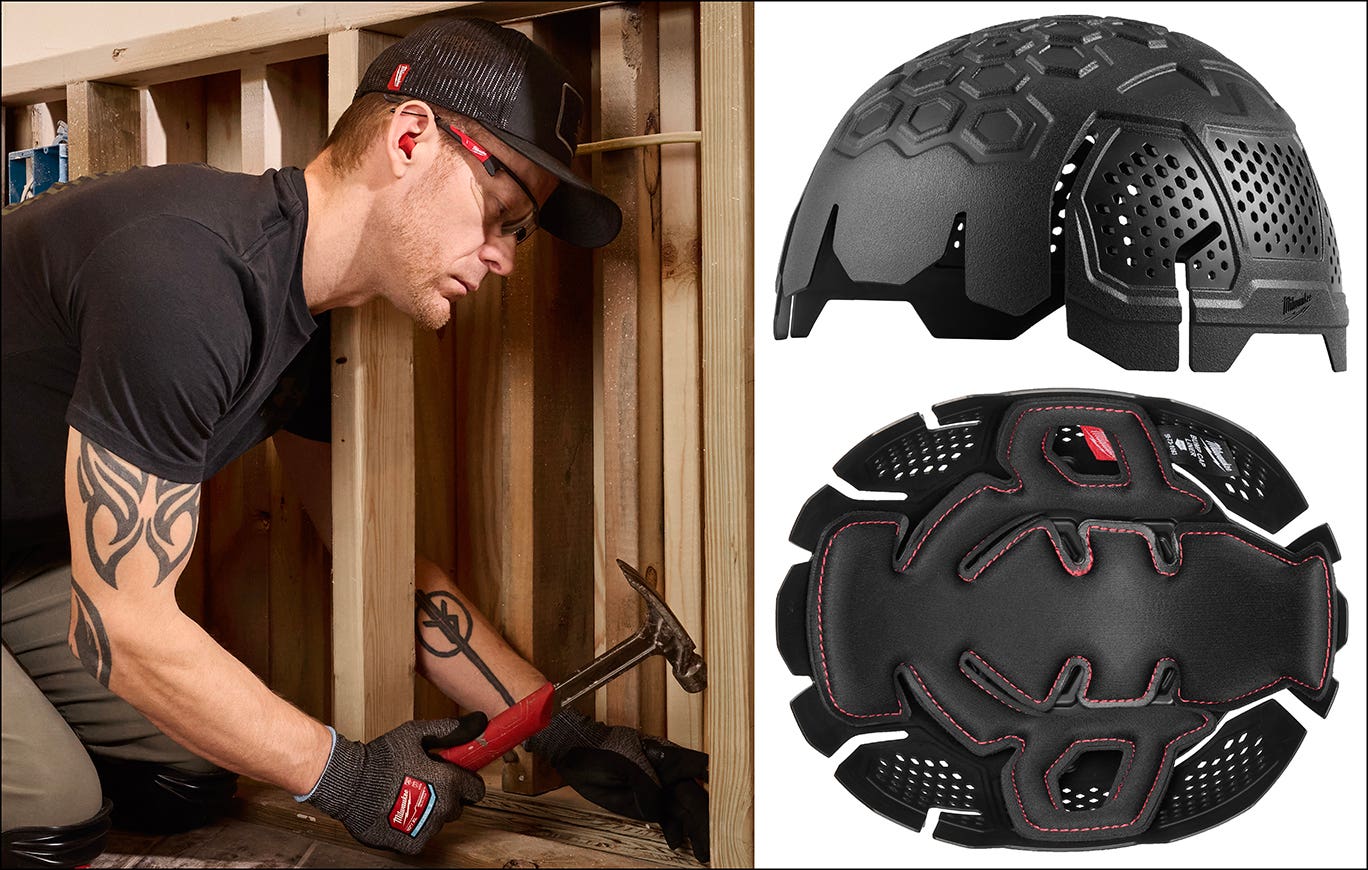A piece of the pie is better than nothing
Building cabinets here and doing some finishing there – diversifying can help you meet the needs of your local market {loadposition position10} The economy has been rough on all of…
Building cabinets here and doing some finishing there - diversifying can help you meet the needs of your local market
{loadposition position10}
The economy has been rough on all of us, from small-shop owners to larger operations. The fluctuations in the new home-building market have no doubt affected not only those who build homes, but also those of us who outfit the inside with custom cabinets and other items including furniture. If you're feeling the pinch, you have company.
It is not always easy to get the edge on your competition because there are often multiple shops bidding on the same job. Since there may not be enough work available for everyone to succeed and thrive, expanding and diversifying your services can be another avenue for increasing revenue and drawing in customers from untapped markets in your area. The key is figuring out what elements are missing in the local market, what demands are not being met by local suppliers and how to parlay your established skills into something marketable and profitable in your regional economy. The other element of assured success is to stand out from your competition - and this goes way beyond simply producing a great product.
Where to start
It's clear that many industry businesses are fairly specialized and there's a good reason for this. By specializing in a certain area of service or products, you gain the benefit of repetition and a rise in quality because of it. Your skills and equipment can lend themselves to a particular line of business as well, but this does not mean you have to be limited by them.
Crafting fine furniture is, without a doubt, a wonderful way to make a living - provided the demand is consistent. When that market is not flourishing, however, the bills still need to be paid. While many customers may not need a custom-built dining room table, most will need some sort of cabinetry for a new home or a renovation. It's worth considering the path that has led to where your current business model stands. At some point, all of us have done basic cabinet work.
When times are tough, sometimes the best medicine is taking a step back to basics. This is hard medicine to swallow, I know, but consider the perception of your potential client. From my own experience, I can tell you that many customers like the idea of a fine furniture maker constructing their cabinetry, whether freestanding or built-in. Customers often assume that a fine furniture craftsman will produce a higher quality product than something coming from a mass-production operation. Many times, they're willing to pay for it. By not limiting yourself to strictly high-end specialized furnishings, you can tap into another facet of the industry that may provide a greater demand for your abilities. If you can get past the fact that it may not be as artistic or glamorous, the financial benefit will become evident.
The customer will tell you
Many years ago, I was determined to make Arts and Crafts-style furniture exclusively. There was a resurgence of interest in the style and it was evident everywhere, from local furniture stores to shops at the mall. Even the Amish furniture makers in my native Indiana were producing an abundance of this furniture and appeared to be very successful at selling it.
After building and exhibiting a few pieces, I wasn't getting any calls to build more. There just wasn't a market for it locally and most of my customers were more interested in pieces with a local flavor. There's a great love of cypress in this region (southern Louisiana) and it was clear I needed to embrace that as well. Despite my determination to stick to my guns and construct Arts and Crafts pieces, the demand did not exist locally. A new challenge arose to take the local materials and styles and incorporate them into my own construction methods and designs. The customers, albeit indirectly, told me which direction to go.
An Amish furniture maker in northern Indiana spoke with me about franchising his operation here as he already had an established catalog and a good regional customer base thanks to his Web site. It did not take long to realize how he could sell so much of the furniture I wanted to build. Everything was made with cheap materials, the wrong joinery and finished with hastily applied lacquer. Because of this, he could sell it at very affordable prices to customers who didn't know any better. He used low-resolution photos on his Web site so the detail could not be seen. He quite cleverly tapped into a market that allowed him to be very successful selling products for which there was an obvious demand.
I suppose it goes without saying that I was not interested once I learned the method behind the success, but nonetheless it was a good study in how to capitalize on a certain segment of the market. His customers told him they wanted a cheap product that looked nice and that's exactly what he gave them. I should note that this is not the norm for the Amish craftsmen in that area; most of them produce some beautiful, well-built pieces.
Expanding your service menu
It is not uncommon to have a particular set of services and products that are part of your business offerings. What is not always clear is each individual component of those offerings. It is one thing to build a piece, but quite another to finish it well. There are a number of woodworkers who do not finish their own pieces for a variety of reasons. If you are a proficient finisher, it is worth marketing those skills to area builders. The opposite is true as well.
The first notion in a tough economy is to beat out the competition; however it can be beneficial to work cooperatively. If you can't get the whole pie, a piece of it is better than nothing. I'm sure you've seen the folks at the local home center staring at the shelves of finishes trying to decide what to use on their newly installed trim. Of course, none of the prepared samples ever look exactly like what they want and this presents itself as a hole in the service market.
A couple years ago, I decided to offer a service to custom-mix finishes for contractors as well as DIY homeowners. Finishing is a mystery to so many and poor choices can lead to lost investment and disastrous results. By separating one component of my existing business practice, a new source of revenue was established.
A great deal of my operation deals with restoration and refinishing. This was not always my choice, but resulted from a consistent demand for it. When it was clear this would be the bulk of my business, I decided I needed to investigate all the possible offshoots of the practice so all my bases were covered. One of the first additional services was chair caning. Hand caning can be challenging and time-consuming to master, but like everything else it becomes easier after the first few experiences.
I didn't realize it at the time, but adding caning services would eventually enhance the draw of my existing services. I get calls for caning all the time, but more often than not the customer also wants some sort of finish or repair work done as well. This is something most chair caners will not offer and, in turn, it brings the customers to me. When I added rush weaving to my repertoire, it reinforced the point that a broader array of services nets more customers coming through the door.
Stand out from the competition
An important component of bringing in work isn't just intelligent marketing; it's showing the customer you can provide something more than the competition. This can be accomplished not only through offering additional services, but also considering the human aspect of the consumer market. Consider any recent experience with customer service and you'll know what I mean. Injecting yourself into your product is as important as the product itself.
My experience has been that the customer will spend more when I'm more concerned with their specific needs and how to address them. The guy up the street may be a superior woodworker and perhaps a better marketer, but when I take the time to sell myself and my product together, in addition to highlighting the additional services I can offer, I invariably get the job.
Dan Alleger is the owner of Dan Alleger Custom Woodworking in New Orleans.
This article originally appeared in the February 2010 issue.

